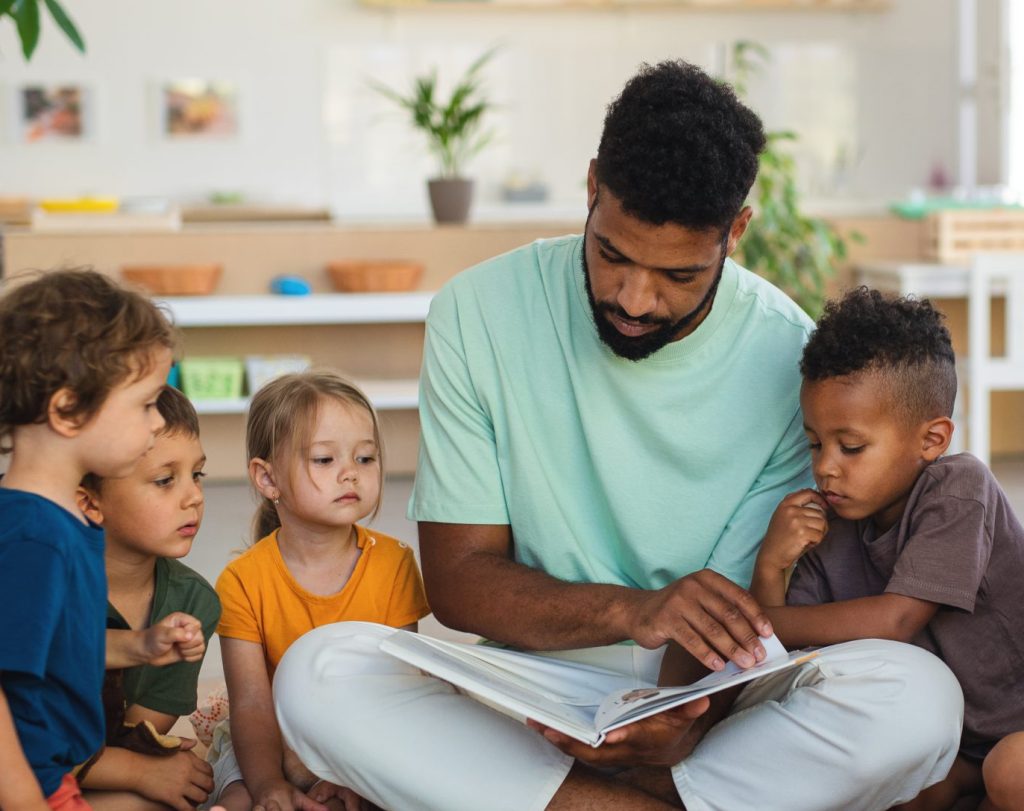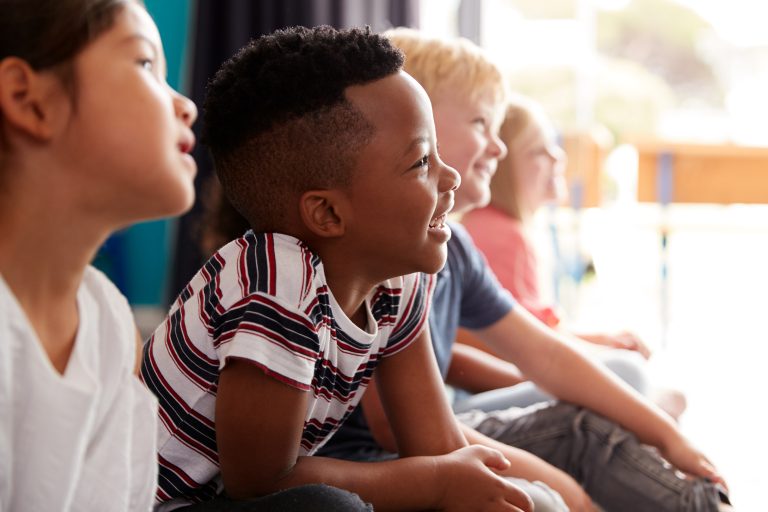Interested in learning more about this topic? Watch our FREE webinar, available all month!
Firstly let’s start with unpicking this word ’phonological’ as it can sound a bit academic and scary. Not so! Simply this means ‘relating to the system of speech sounds’.
A phoneme is a speech sound that conveys meaning. Most words are made up of a combination of phonemes (sounds) and some words have only one phoneme eg a, I and oh!
Phonemes are spoken sounds and they may be represented by one letter eg. u, p, n, or a combination of letters eg. ch, sh, th.
Phonemes carry meaning. When we change a phoneme or sound in a word, the meaning changes kiss to kill, sun to fun, cap to cat, to name a few examples.
Phonological awareness refers to the understanding of the sound structure of a language – the knowledge that spoken words are made up of smaller parts such as syllables and individual sounds.
Children start to develop this awareness of sounds in words from around 2-3 years of age. They start to become aware of word boundaries, they begin to recognise rhyme (words that sound the same on the end) and respond to alliteration e.g. six slithering snakes (words that start with the same sounds).
Why is this important for me as an educator or parent?
As early educators and parents we can help children develop and strengthen these emerging skills. Children who demonstrate good sound awareness skills when they start school will have an easier time learning to read.
The foundations of adult health and wellbeing begin in early childhood. Poor stimulation can lead to a lack of readiness for school and reduce cognitive, physical and emotional development. Quality early childhood programs can assist children to be ready to learn in the school setting (Wilkinson & Marmot, 2003).

Research shows that phonological awareness is a solid predictor of reading success ahead of formal school learning.
In particular, phonemic awareness (the awareness of individual sounds in words) has been found by to significantly improve children’s reading and spelling.
Preparing children for success at school
The value of reading cannot be overstated. Once a child can read, they have the key to endless worlds of information and the ability to communicate meaning across wide boundaries. It is a lifelong skill which the Australian Literacy Educators’ Association considers a vital feature of a society committed to equity.
“Literacy is the first step towards freedom, towards liberation from social and economic constraints. It is the prerequisite for development, both individual and collective. It reduces poverty and inequality, creates wealth, and helps to eradicate problems of nutrition and public health,” Director-General of UNESCO, Audrey Azoulay said on International Literacy Day 2018.
We need to focus efforts on developing the skills which come before – the building blocks of reading.
This is why we created the Sounds good to me program, in an effort to share our speech pathologists’ expert knowledge of the sound structure of language with early educators focused on preparing children for school. The program is play-based, and is designed to be easily embedded into an early childhood setting.
To learn more about how Sounds good to me can assist you, click here.

